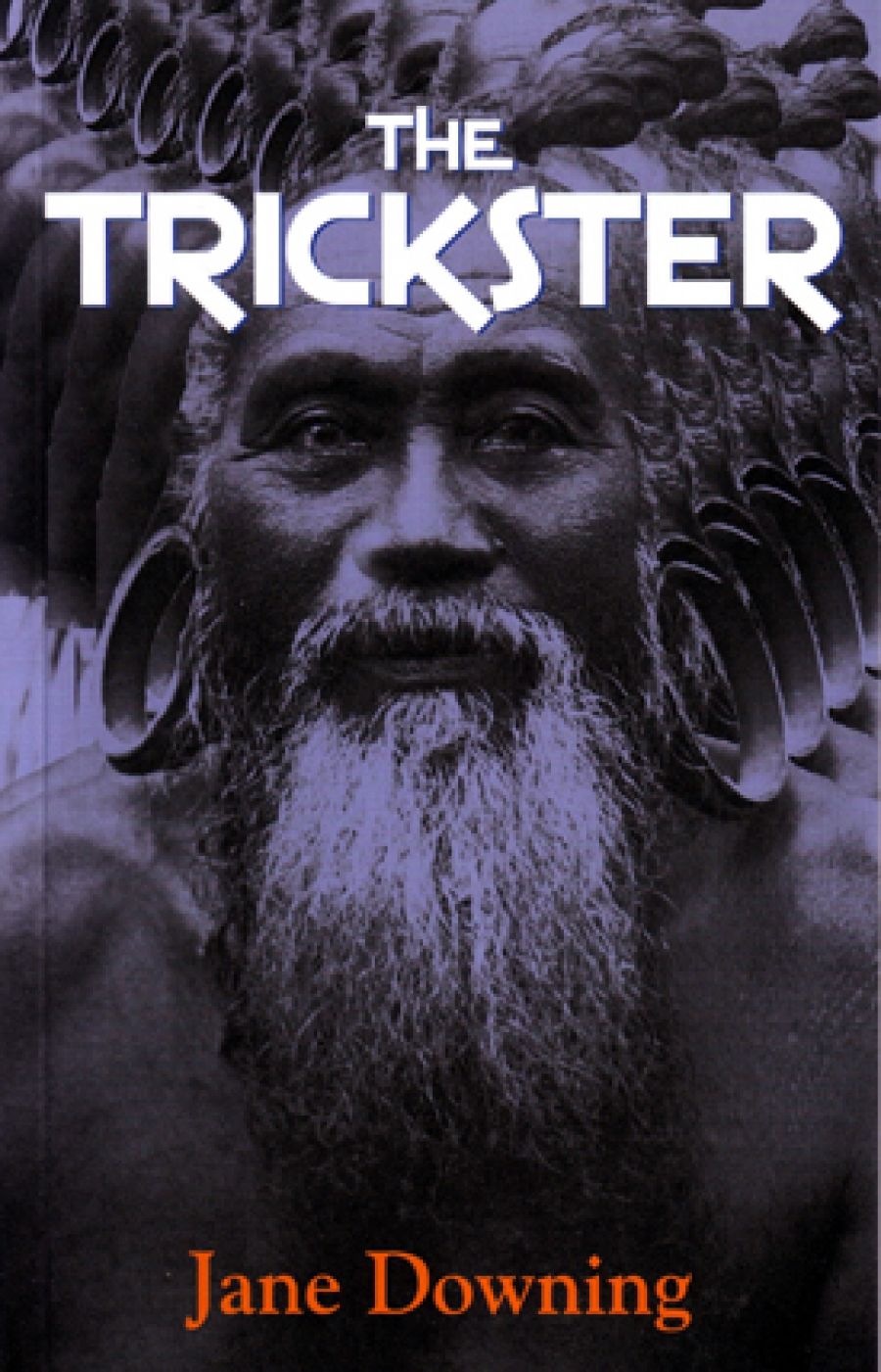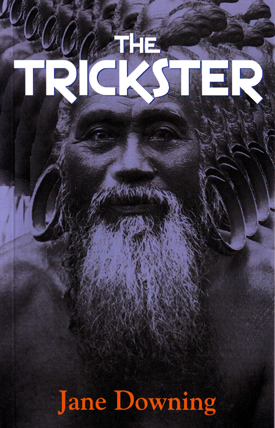
- Free Article: No
- Contents Category: Fiction
- Review Article: Yes
- Article Title: The God of Small Islands
- Online Only: No
- Custom Highlight Text:
This story is told from a number of points of view. One of them is that of Joy, a woman with impeccable light Green political credentials, a job in a suburban library in Canberra and a mother who seems to have a clearer idea of what Joy should be doing than Joy does herself. Joy’s partner, Geoff, takes a job at the Office of Planning in the Marshall Islands. His motives are good. He’d like to help. That’s his problem. He has walked into a culture where much happens but nobody ever seems to do anything. Jane Downing creates both this world and its visitors with a wry sense of humour. She notes that Geoff finds the move to a stress-free environment very stressful. He sets about drafting a plan for improving the local fishing industry. After a while, he discovers an almost identical plan, completed five years earlier. Nothing had been done about it.
- Book 1 Title: The Trickster
- Book 1 Biblio: Pandanus, $29.95 pb, 144pp
- Book 1 Cover Small (400 x 600):

- Book 1 Cover (800 x 1200):

The Trickster is rich in satire, mostly of a gentle rather than a punishing kind. Initially, it appears that the novel will be garnished with stereotypes of Pacific passivity. As the book evolves, however, its purpose is never so obvious. One vignette, for example, shows A Good Woman claiming that one world conference after another has made no impact on global warming. The seas keep rising; islanders are still sitting ducks. But as far as this woman is concerned, the islanders are good Christians waiting for the flood, which God promised would be the last. The satire is obviously against a character who has been blinded by her particular light. There is a basketful of such people in The Trickster, a book that laughs at imported religion through gritted teeth. Joy finds shopping in this new place an appalling experience: ‘there was really only one commodity in good supply on the island. God.’
The more subtle side of this satire is the concern it shows for the dilemmas faced not just by the Marshall Islands but, by extension, for the Pacific in general. For some reason, reading The Trickster I was reminded of that desperate chapter of Australian history that has become known as ‘the Pacific Solution’. In Dark Victory (2003), David Marr and Marian Wilkinson make it clear that Nauru agreed to accept refugees from the Tampa in 2001 because it had to. The offer from Australia came at a moment when the nation was unable to pay the bills to keep its desalination plant in operation. If it didn’t take the asylum seekers, it didn’t have water. That is not what I call a free choice.
The Trickster is intimately acquainted with the Marshall Islands: with the detritus left in our neighbour by both World War II and atomic testing; with the buildings that have been developed but stand empty; with the yachting club without yachts; with the problems disposing of rubbish; with a supply centre in which everything useful that is imported manages to get lost, only to turn up in the faces of people who are looking for something else. It is an environment that has been put upon, squeezed out and rung dry. Geoff and Joy are part of a chain of visitors who have wanted to help but can’t. The length of that chain is indicated by characters called Predecessor and Successor.
These days, the convention for representing alien cultures is to use an external narrator, a naïve point of view, which is learning for itself at the same time as it is educating the reader. This is a more comfortable alternative to the kind of cultural appropriation that creates a narrative standpoint within a host culture. Joy serves the new convention well. She allows Downing to show both her familiarity and regard for a Pacific community without taking proprietorship. On one occasion, Joy visits the part of the capital known as the alele. This is where the library and museum are to be found. The Alele is a fine image for such places: it is an old local word that indicates a small woven basket in which a family’s most precious possessions might be kept safe.
In a way, this whole novel is a kind of alele. The story of Joy and Geoff is woven around the real grist of the novel. This is comprised of any number of local myths and legends, retold but never appropriated, because Downing has a canny ability to keep them just out of reach of the visiting characters. Among these stories, for example, is a delightful version of a fable known to Westerners as the hare and the tortoise. Here it is the crab and the needlefish. The crab is able to win the race without moving. It does this by enlisting help from its identical relatives who make the slick needlefish think that the crab is moving ahead of it: ‘if you want to beat a smart-arsed bugger, forget the slow and steady: you need family.’
The most intricate of these legends concerns Letao, a Micronesian god, and his rowdy family. Letao is cunning. He is the trickster after whom the book is titled. Looking for a fresh point of entry into the world of humans, Letao decides to invade the soul of Geoff and Joy’s baby son, Daniel. Daniel is white but happened to be born in the Marshall Islands, making him ideal for Letao’s subversive purposes. Downing plays with the idea of a Micronesian god taking on a Western family. In this regard, she reverses the normal balance of theological trade. It makes for an engaging and thought-provoking novel, one that takes time to listen to neighbours from whom we seldom hear.


Comments powered by CComment